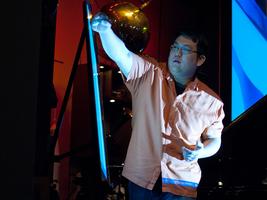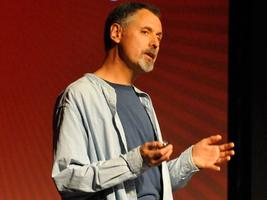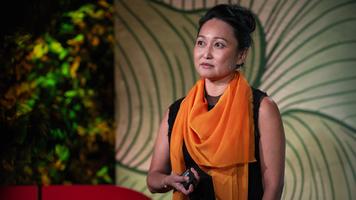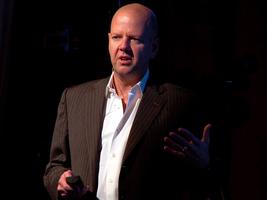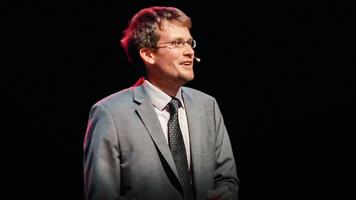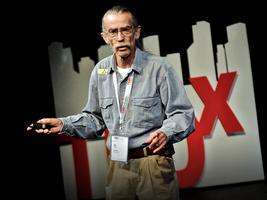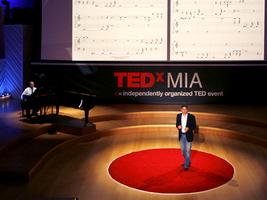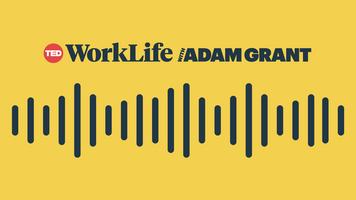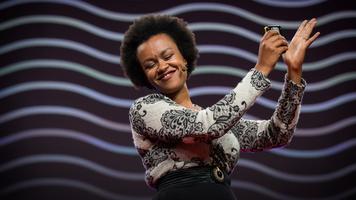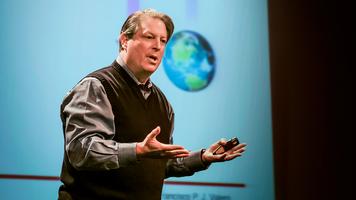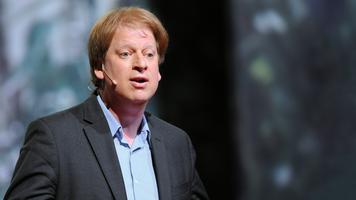Johnny Lee: Free or cheap Wii Remote hacks
John La Grou: A plug for smart power outlets
Hosted by Prajakta Koli and Hannah Stocking: Countdown Session 4: Transformation (Full session)

The world around us is mainly made of two things: nature and the materials that we extract from it. To fight climate change, we need to protect and regenerate nature and transform materials into low- or zero-carbon alternatives. Session 4 of the Countdown Global Launch, hosted by Prajakta Koli and Hannah Stocking, features Thomas Crowther, Ernes...
June Jo Lee: Our savory, spicy, significant relationship with food
Erin Marie Saltman: How young people join violent extremist groups -- and how to stop them
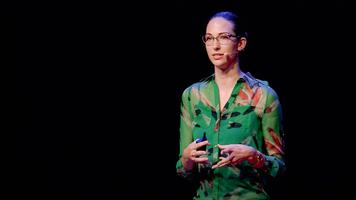
Terrorists and extremists aren't all naturally violent sociopaths -- they're deliberately recruited and radicalized in a process that doesn't fit into a neat pattern. Erin Marie Saltman discusses the push and pull factors that cause people to join extremist groups and explains innovative ways of preventing and countering radicalization.
John Gerzema: The post-crisis consumer
John O'Donnell: Can a simple brick be the next great battery?
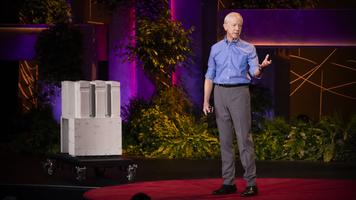
The world relies on manufacturing, and manufacturing relies on heat — a massive contributor to global carbon emissions, responsible for a quarter of the world's fossil fuel use. Energy entrepreneur John O'Donnell has figured out a better, cleaner way to generate the heat we need to make the stuff we want. Learn how his team turned simple bricks ...
John Varney: A different way to visualize rhythm
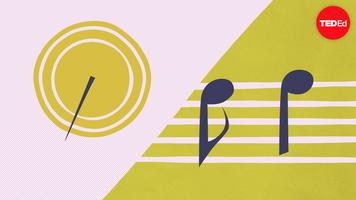
In standard notation, rhythm is indicated on a musical bar line. But there are other ways to visualize rhythm that can be more intuitive. John Varney describes the 'wheel method' of tracing rhythm and uses it to take us on a musical journey around the world. [Directed by TED-Ed, narrated by Addison Anderson].
John Green: The nerd's guide to learning everything online
Richard Dawkins: The link between evolution and language
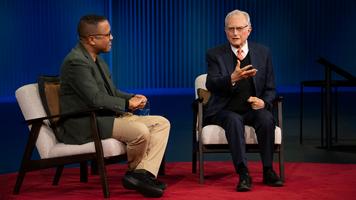
Languages drift, adapt and evolve much like living species. In this wide-ranging conversation, evolutionary biologist Richard Dawkins and linguist John McWhorter trace the parallels between biology and speech, from random mutations to cultural selection. They show how both genes and words change, survive and connect us — illuminating the deep pa...
Tierney Thys: The surprising reasons animals play dead
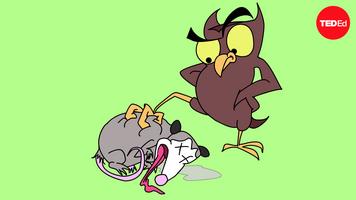
From lemurs to lizards, ants to amphibians, sharks to chickens, hundreds of animals "play dead" as a survival tactic. But how and why do animals do this? Tierney Thys explains how this curious behavior, known as tonic immobility or TI for short, can be used as a defense or offense. [Directed by John R. Dilworth, narrated by Susan Zimmerman, musi...
Dallas Taylor: What silence can teach you about sound
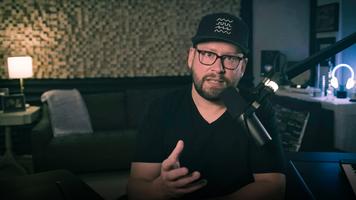
What can you hear in silence? In this exploration of sound, host of the podcast "Twenty Thousand Hertz" Dallas Taylor tells the story of arguably the most debated musical composition in recent history -- composer John Cage's iconic piece 4'33" -- and invites you to take notice of the soundscape around you. Watch to the end to experience a perfor...
John C. Mather: How the James Webb Space Telescope will unfold the universe
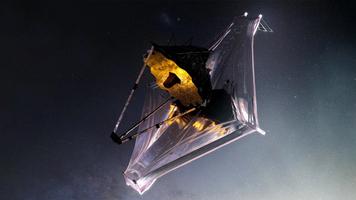
The James Webb Space Telescope is a miracle of modern science and engineering. With a 21-foot, gold-coated mirror protected by a sunshield that's the size of a tennis court, it's the world's most powerful telescope and humanity's latest attempt to answer questions like: "Where did we come from?" and "Are we alone?" (It also needed to be folded u...
John Kerry and Al Gore: The US is back in the Paris Agreement. What's next?
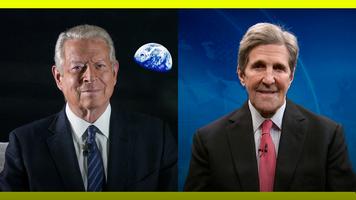
On his first day as president, Joe Biden signed a letter of acceptance that set in motion the 30-day process for the United States to re-join the Paris Agreement on climate. On the day the US returns to the accord, John Kerry, the US Special Envoy for Climate, sits down with Nobel Laureate Al Gore to discuss the make-or-break decade ahead of us....
John Doerr and Hal Harvey: How to decarbonize the grid and electrify everything
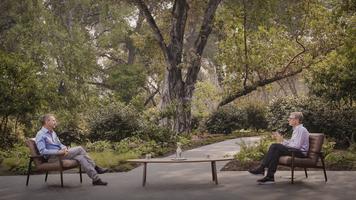
"The good news is it's now clearly cheaper to save the planet than to ruin it," says engineer and investor John Doerr. "The bad news is: we are fast running out of time." In this conversation with climate policy expert Hal Harvey, the two sustainability leaders discuss why humanity has to act globally, at speed and at scale, to meet the staggeri...
Dan Phillips: Creative houses from reclaimed stuff
Janja Lalich: Why do people join cults?
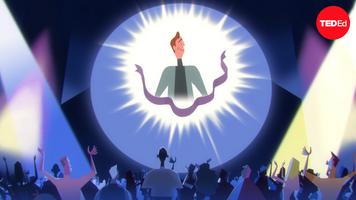
Today, there are thousands of cults around the world. Broadly speaking, a cult is a group or movement with a shared commitment to a usually extreme ideology that's typically embodied in a charismatic leader. But what exactly differentiates cults from other groups – and why do people join them? Janja Lalich describes how cults recruit and manipul...
TED Countdown: Is there a role for carbon credits in the transition to a fair, net-zero future?
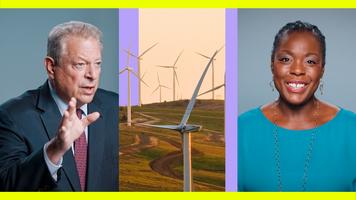
In June 2022, TED's climate initiative, Countdown, launched its Dilemma Series: events designed to look at some of the "knots" in the climate change space, where diverging positions have stalled progress and solidified into an inability to collaborate across differences. The event focused on the question: Is there a role for carbon credits in th...
Alysa McCall: What to do when there's a polar bear in your backyard

As Arctic ice melts, polar bears are being forced on land -- and they're hungry. With the apex predators frequently turning to human junkyards for a snack, northern towns have had to get creative in order to keep both their people and wildlife safe. Biologist and conservationist Alysa McCall shares lessons from the field on how to safely navigat...
Yanis Varoufakis: Capitalism will eat democracy -- unless we speak up
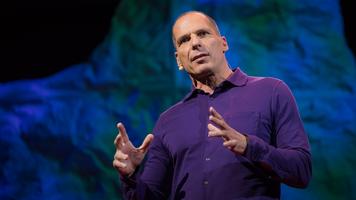
Have you wondered why politicians aren't what they used to be, why governments seem unable to solve real problems? Economist Yanis Varoufakis, the former Minister of Finance for Greece, says that it's because you can be in politics today but not be in power -- because real power now belongs to those who control the economy. He believes that the ...
Zeynep Ton: The case for good jobs — and why they're good for business too
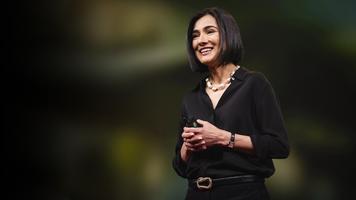
Many of the jobs that keep the world running — like cleaning bathrooms, picking up trash, caring for the elderly — pay so poorly that workers can barely make ends meet. Nonprofit leader Zeynep Ton is intent on changing that, showing why everyone wins when companies pay their people livable wages and offer opportunities for growth.
Shankar Vedantam: You don't actually know what your future self wants
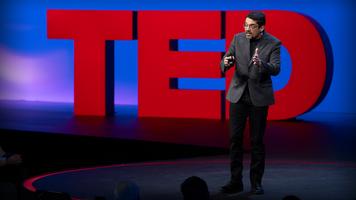
"You are constantly becoming a new person," says journalist Shankar Vedantam. In a talk full of beautiful storytelling, he explains the profound impact of something he calls the "illusion of continuity" -- the belief that our future selves will share the same views, perspectives and hopes as our current selves -- and shows how we can more proact...
Scott Rickard: The beautiful math behind the world's ugliest music
James McManus: Why is Texas hold 'em so popular?
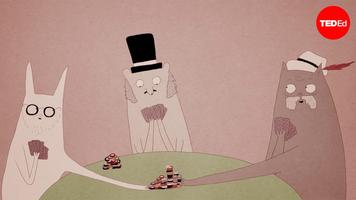
From its earliest incarnations, poker has always been a contest of guile, guts, and gambling. The game first emerged around 1800 in the melting pot of New Orleans, and soon spread up the Mississippi, Ohio, and Missouri rivers. So, how did this simple game of the American South skyrocket in popularity? James McManus shares how the card game becam...
WorkLife with Adam Grant: The creative power of misfits
Brittany Packnett Cunningham: How to build your confidence -- and spark it in others
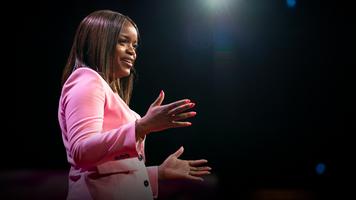
"Confidence is the necessary spark before everything that follows," says educator and activist Brittany Packnett Cunningham. In an inspiring talk, she shares three ways to crack the code of confidence -- and her dream for a world where revolutionary confidence helps turn our most ambitious dreams into reality.
Meklit Hadero: The unexpected beauty of everyday sounds
Reed Hastings: How Netflix changed entertainment -- and where it's headed
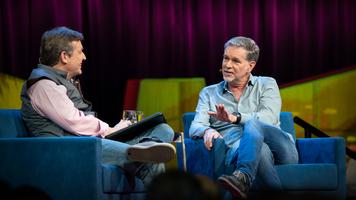
Netflix changed the world of entertainment -- first with DVD-by-mail, then with streaming media and then again with sensational original shows like "Orange Is the New Black" and "Stranger Things" -- but not without taking its fair share of risks. In conversation with TED curator Chris Anderson, Netflix co-founder and CEO Reed Hastings discusses ...
Al Gore: Averting the climate crisis
Paul Bloom: The origins of pleasure
